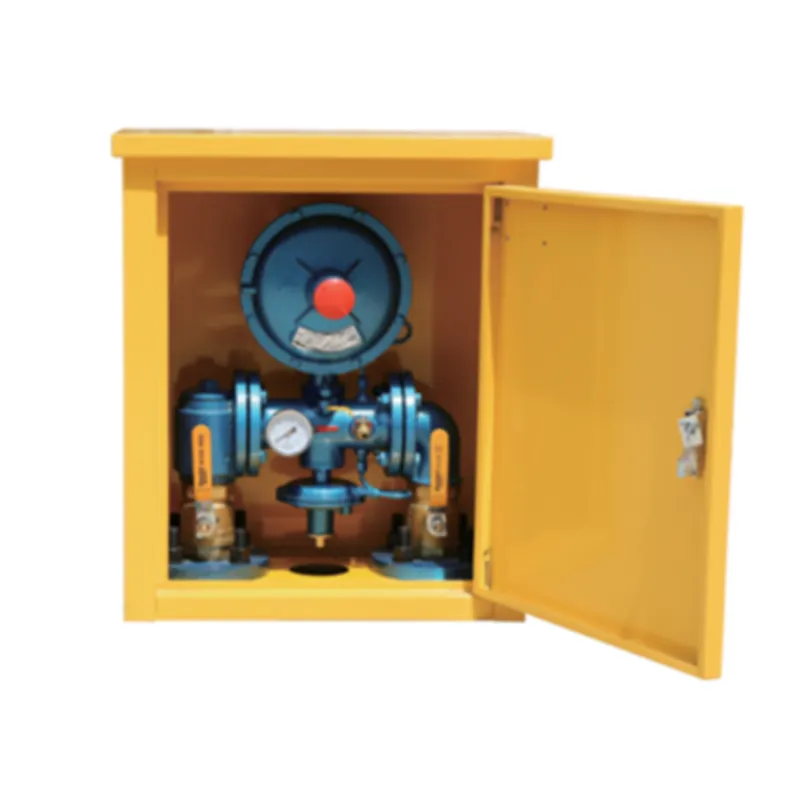
Dec . 04, 2024 16:45
Back to list
gas filtration
Gas Filtration An Essential Process in Air Quality Management
Gas filtration is an essential process in the management of air quality, especially in industrial settings where airborne pollutants can pose significant environmental and health risks. This technique involves the removal of particulate matter, gases, and other contaminants from the air, ensuring a cleaner and safer atmosphere. With increasing industrialization and urbanization, the importance of efficient gas filtration systems has never been more pronounced.
Understanding Gas Filtration
Gas filtration operates on the principle of separating unwanted particles from gas streams. It predominantly involves the use of filter media, which can be composed of various materials like activated carbon, paper, fiberglass, or synthetic fibers. These media are designed to capture and retain specific contaminants as the gas flows through them. Different filtration methods, including electrostatic precipitators, mechanical filters, and chemical filtration, are utilized based on the type of pollutants being targeted.
For instance, electrostatic precipitators utilize electric charges to gather particles, making them particularly effective for fine particulate matter. On the other hand, activated carbon filters are remarkable for their ability to absorb volatile organic compounds (VOCs) and unpleasant odors. The choice of technology depends on the specific application and the types of contaminants present in the environment.
Applications of Gas Filtration
Gas filtration finds extensive applications across various sectors. In industrial manufacturing, processes such as chemical production and petroleum refining can generate harmful gases. Implementing robust gas filtration systems not only complies with environmental regulations but also protects workers' health. Furthermore, in power plants, particularly those that burn fossil fuels, gas filtration systems help in controlling emissions of sulfur dioxide, nitrogen oxides, and particulate matter, contributing to cleaner air.
gas filtration

Another critical application is in indoor air quality management
. Commercial buildings, schools, and hospitals must ensure that the air circulating within their premises is free from harmful pollutants. Advanced ventilation systems often integrate multi-stage gas filtration to trap allergens, bacteria, and chemical vapors, promoting a healthier environment.Innovations in Gas Filtration Technology
As environmental concerns escalate, innovations in gas filtration technology are on the rise. Researchers are continually exploring new materials and methods to enhance the efficiency and effectiveness of filtration systems. One promising development is the use of nanomaterials, which can significantly increase the surface area for capturing contaminants, thus improving overall filtering performance.
Another innovative approach involves the integration of real-time monitoring systems with gas filtration units. These systems utilize sensors to continuously measure air quality, providing instant feedback and enabling automated adjustments to filtration processes. This level of responsiveness ensures optimal performance and prolonged filter life.
Conclusion
In conclusion, gas filtration is a crucial component in the pursuit of cleaner air and improved public health. As industries evolve and environmental challenges increase, the demand for effective gas filtration systems will only grow. With advancements in technology and a heightened focus on sustainability, the gas filtration sector will play a vital role in safeguarding our health and the environment in the years to come. By investing in and prioritizing these systems, societies can take significant strides towards achieving a cleaner, more breathable atmosphere for all.
Next:
Latest news
-
Safety Valve Spring-Loaded Design Overpressure ProtectionNewsJul.25,2025
-
Precision Voltage Regulator AC5 Accuracy Grade PerformanceNewsJul.25,2025
-
Natural Gas Pressure Regulating Skid Industrial Pipeline ApplicationsNewsJul.25,2025
-
Natural Gas Filter Stainless Steel Mesh Element DesignNewsJul.25,2025
-
Gas Pressure Regulator Valve Direct-Acting Spring-Loaded DesignNewsJul.25,2025
-
Decompression Equipment Multi-Stage Heat Exchange System DesignNewsJul.25,2025

